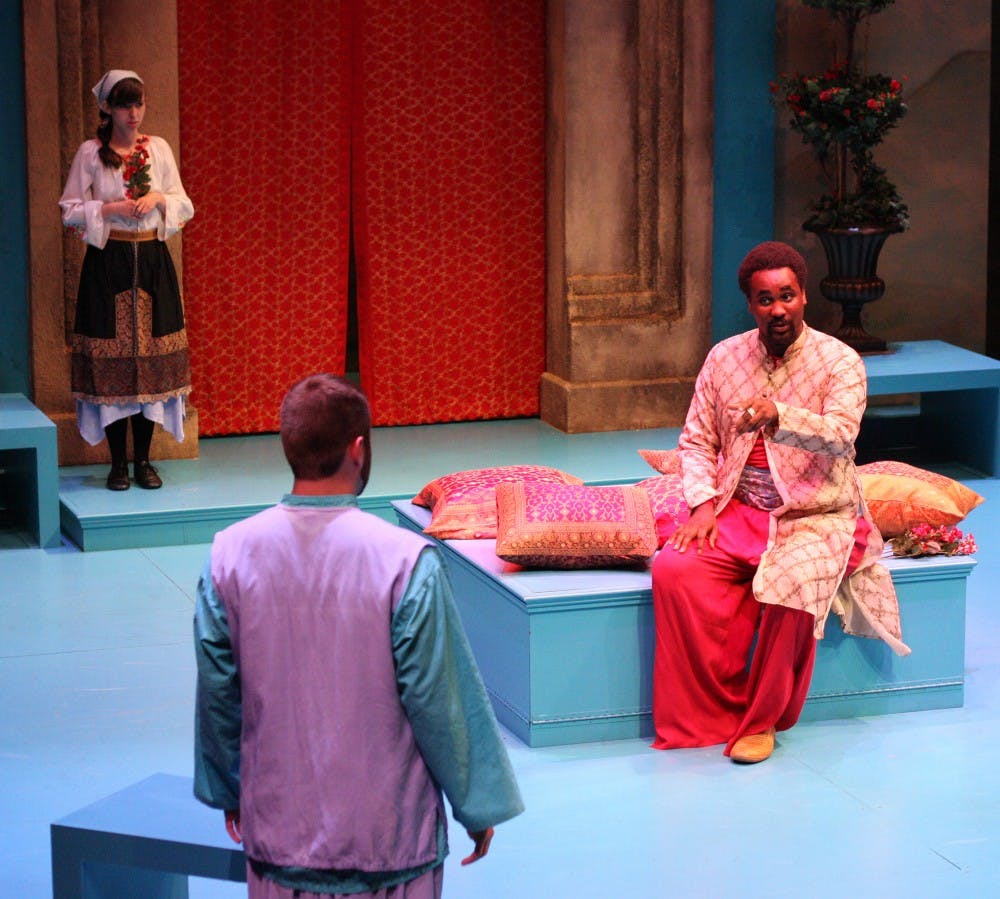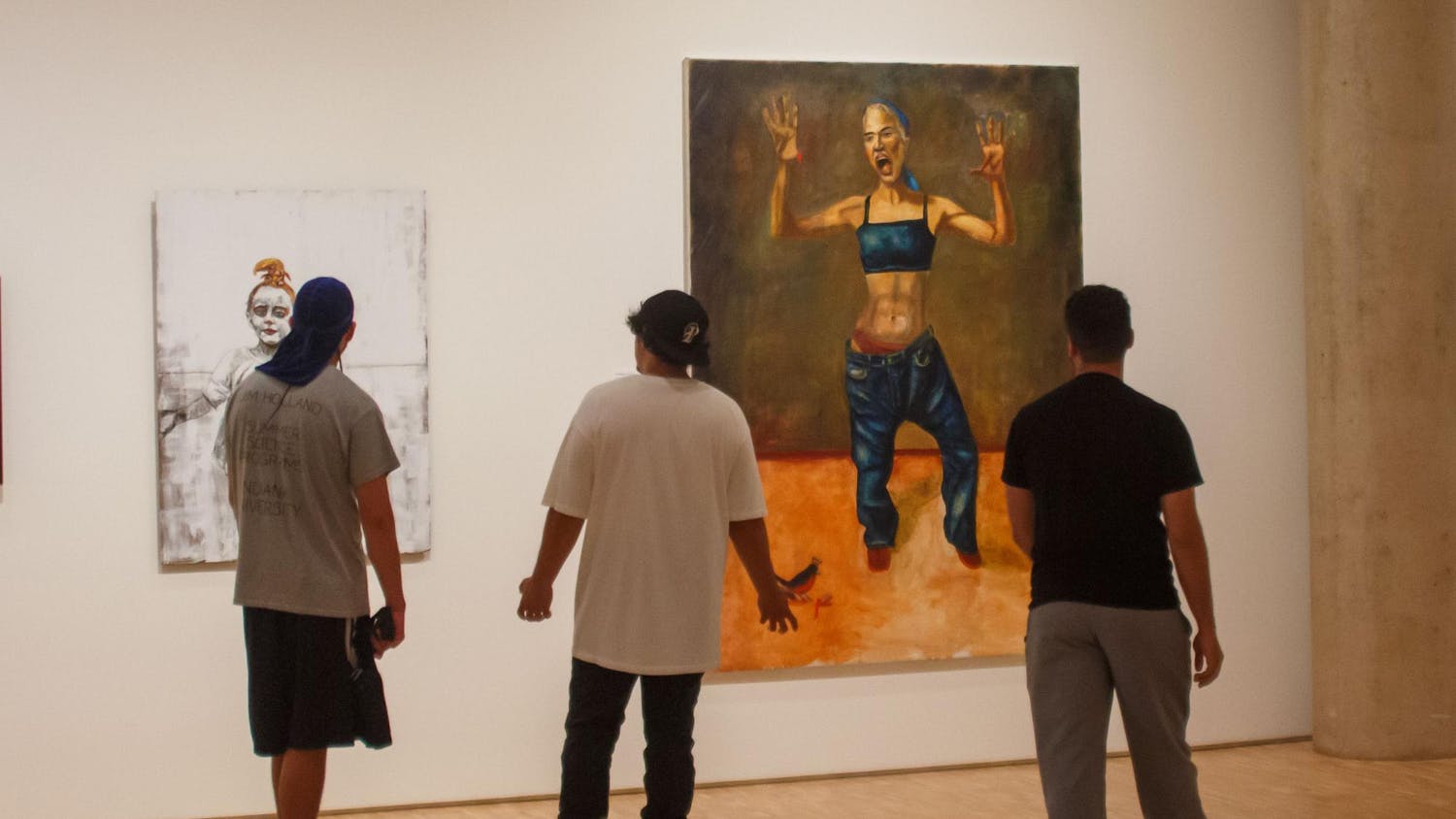Jacobs School of Music students will collaborate with the IU Department of Theatre, Drama and Contemporary Dance starting July 5, to provide pre-show music at each performance of Indiana Festival Theatre’s ”Twelfth Night.”
Additionally, lectures on the music’s role in Shakespeare’s plays will be open to the public 6:30 p.m. July 17 and 23 at the Wells-Metz.
During the Bloomington Early Music Festival, Amy Osajima said she attended the performances of Sarah Huebsch, a doctoral student, and her colleagues showcasing this historic genre of music.
Osajima is currently the Director of Marketing and Communications for the IU Department of Theatre, Drama and Contemporary Dance.
She said she thought it would be worthwhile to bring this historic style of music to the department’s Shakespeare productions.
“It will allow the audience to have the access to appreciate the play with a better sense of the times and the place four hundred years ago,” Osajima said.
Huebsch and Kelsey Schilling are doctoral students at the Historical Performance Institute within the Jacob School of Music.
Huebsch and Schilling along with Keith Collins, a new faculty member at HPI, will be playing early musical pieces composed by IU student Nat Zegree at the “Twelfth Night” performances.
The historical musical instruments featured will include historical oboes, lute and harp.
Huebsch said for musicians of early music, integrating this style of music from the Baroque period in a Shakespeare drama fulfills a deeper mission of integrating early music in more theater productions.
“A lot of drama comes with music, so originally, the play should be performed with music,” Huebsch said. “This time we will perform before the play, but eventually, we hope to integrate early music during the play.”
The reason early music has not often been a part of past productions is because of the heavy load of research that is required.
“In Shakespeare’s plays, musicians often attend as guests, play between scenes and are summoned directly into the drama as it unfolds,” Huebsch said.
But musicians from HPI have completed their research in order to bring back early music for this production of Shakespeare’s “Twelfth Night.”
“The musical sheet, the guide on how to play the historical instruments and the craft’s capabilities, are still alive today, documented and stored in libraries across the country,” Collins said.
“It just takes extra effort to rearrange the materials and do research on the musical pieces and their historical backgrounds to find the best fit.”
Huebsch said the historical instruments present the original sounds of early music, but also add a challenge.
“It is a bit hard to play the historical instruments because they have different standards in pitches due to when they were built,” she said.
Although the intersection of early music and theater has not been widely seen in the past, HPI students are hoping to educate audiences.
Collins said that regardless of how much or little musical experience the audience has, bringing this music into the setting of a Shakespeare play can be of great help in emotionally connecting with ?characters
“We really hope to form an educated audience,” Collins said.



